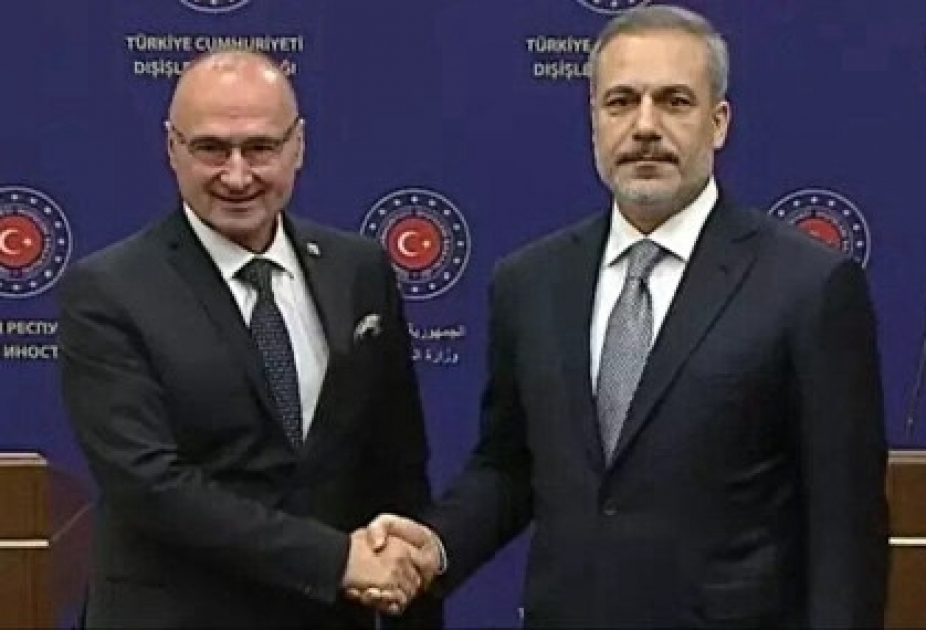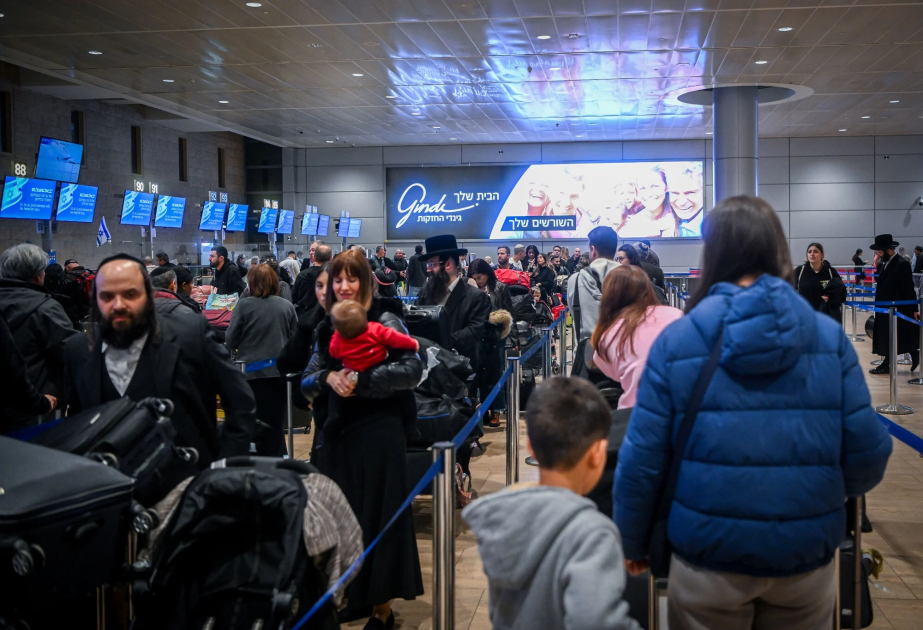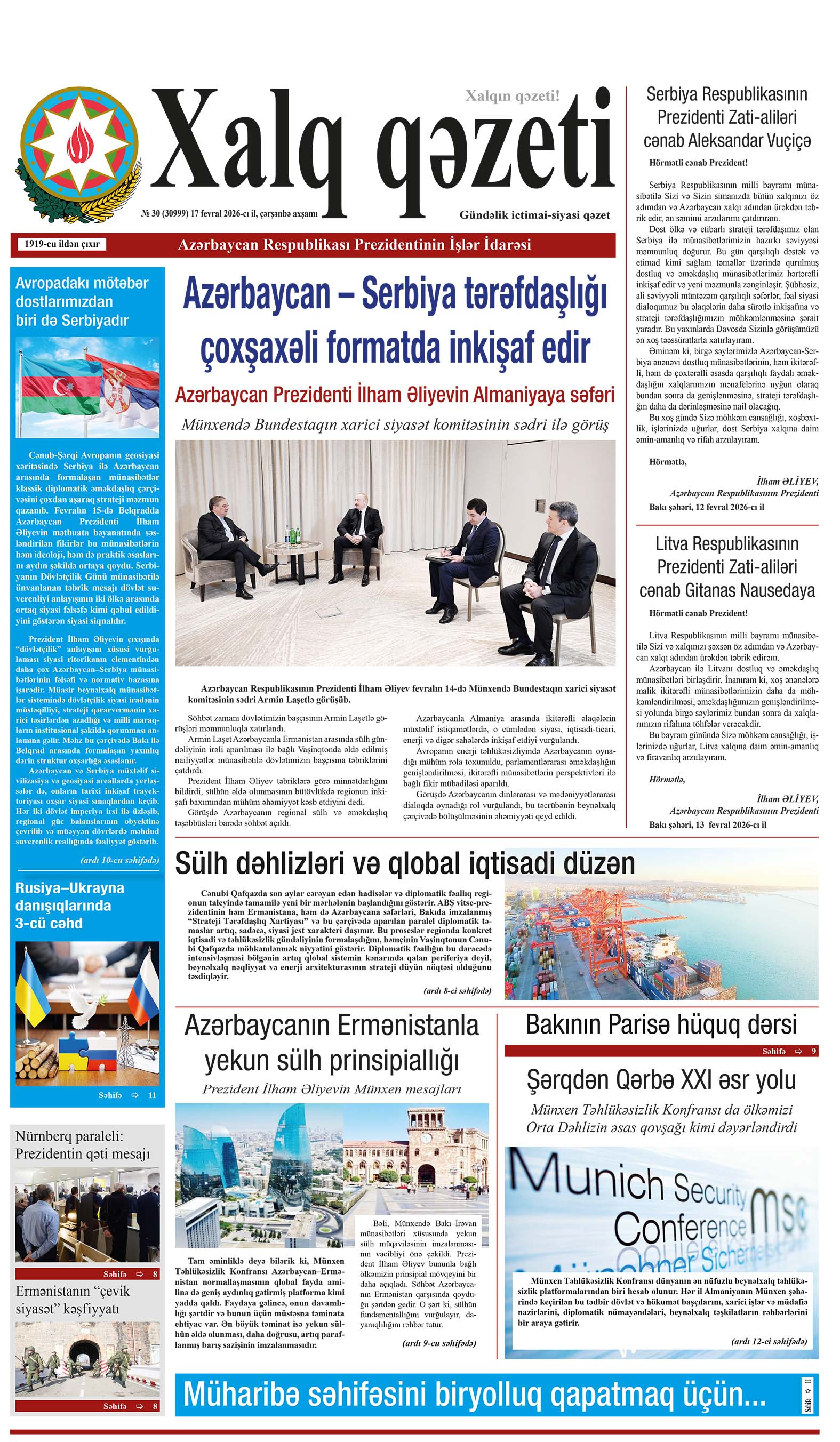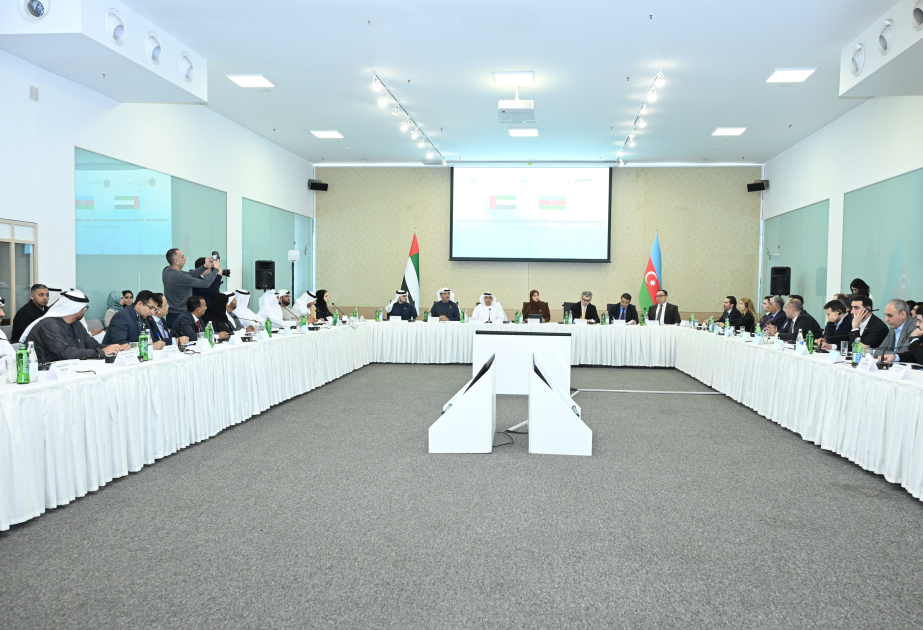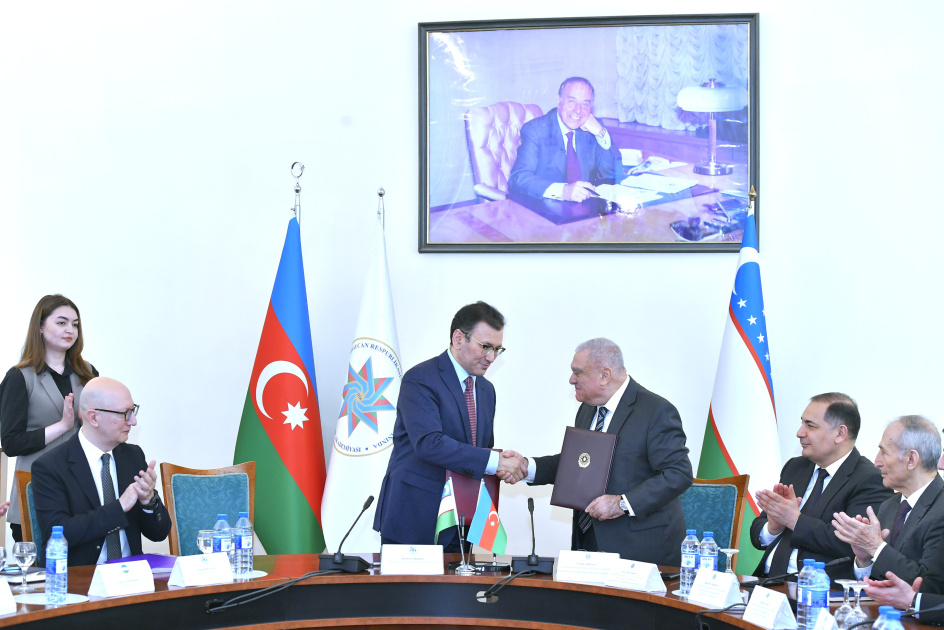Türkiye is among the few countries that have been spared so far from the repercussions of the renewed Palestine-Israel conflict as tensions in the region spread from Yemen to Iraq. But the country's top diplomat warns that the conflict is evolving into something "broader," according to Daily Sabah.
"It is clear that what happened in the Red Sea, Syria and Iraq foreshadows that the spiral of the war in Gaza will gradually turn into a bigger maelstrom," Fidan told a joint news conference with his Croatian counterpart Gordan Grlic-Radman in the capital Ankara on Tuesday.
Ankara has stressed on relevant platforms that there can be no lasting peace in the region without equal security and sovereignty for the Palestinians, Fidan added.
Fidan said more than 24,000 Palestinians were massacred in Gaza "before the very eyes of the international community."
"I said earlier that it will either lead to a greater conflict or greater peace. Some countries did not hesitate in spreading the conflict but the efforts of Türkiye and its friends helped gather pace in adopting peaceful rhetoric," he said.
"Everybody expected the conflict would spread into Lebanon (and remain there) but we see (tensions) escalating elsewhere," he noted.
The Palestine-Israel conflict reached a grim milestone of 100 days on Sunday, with more civilian deaths in Gaza. The conflict has created a humanitarian catastrophe for the 2.4 million people in the battered enclave, the United Nations and aid groups warn, and has reduced much of the coastal strip to rubble. Elsewhere, violence involving Iran-aligned groups in Yemen, Lebanon, Iraq and Syria has surged since the conflict in Gaza began in early October. While a wider conflagration has so far been averted, fears increased following U.S. and British strikes on scores of Yemeni Houthi targets Friday. Undeterred, the Houthis have vowed more attacks in solidarity with Gaza against what they deem as Israeli-linked Red Sea shipping.
On Tuesday, Iran's Foreign Ministry claimed that the Islamic Revolutionary Guard Corps (IRGC) ballistic missile strikes against targets in Iraq and Syria on Monday night were "in line with the defense of the country's sovereignty and security, as well as to counter threats." Ministry spokesperson Nasser Kaani in a statement described the attacks as "a response to those who act against Iran's national security," adding that Tehran respects other countries' sovereignty and territorial integrity while exercising its "legitimate and legal right to deter national security threats."
In a statement issued early Tuesday, the IRGC claimed it launched a barrage of ballistic missiles at a "gathering of anti-Iran terrorist groups" in Syria, referring to Daesh, as well as a building in northern Iraq's Irbil allegedly belonging to Israel's spy agency Mossad. The statement noted that the attacks were in response to "recent terrorist crimes," referring to twin bombings in the city of Kerman claimed by the Daesh, an attack on a police station in the city of Rask in Sistan-Baluchestan province and the killing of an IRGC military advisor in Damascus.
Fidan said that almost everyone now agrees that the conflict can be solved only through a two-state solution. "Nobody denies that approaches prioritizing Israel's security and interests and downplaying Palestinians' security and sovereignty will not bring peace," he said. Fidan reiterated Türkiye's call for an immediate end to the inhumane massacre by Israel and the lifting of the "illegal blockade of Gaza."
Speaking at the news conference, Croatian Foreign Minister Grlic-Radman focused on Türkiye's rocky road to European Union accession. He said Türkiye was a candidate country for the EU and would remain a key partner for the EU. He said they would not spare any efforts to ensure a constructive dialogue between Türkiye and the EU.
Croatia joined the bloc a decade ago, in 2013. Türkiye, an official candidate for joining the bloc, applied for EU membership in 1987, and its accession talks began in 2005. In the years since, the talks have been essentially frozen due to political roadblocks by certain EU members for reasons unrelated to its suitability for membership, according to Ankara.


